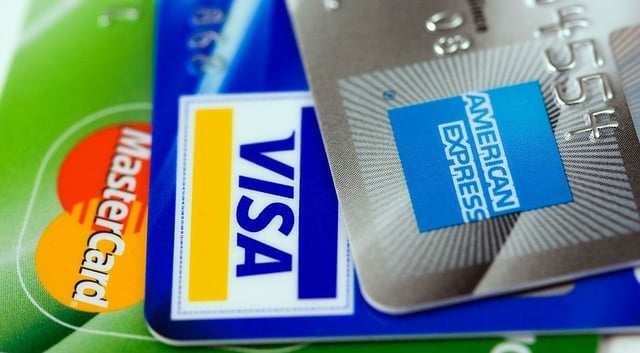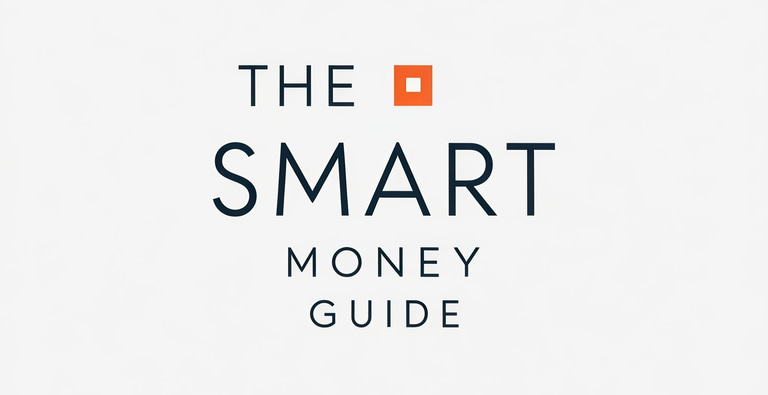Credit Card Application Tips: How to Get Approved for the Best Offers
Blog post description.
CREDIT CARDS
2/7/20254 min read


Dreaming of that perfect credit card with amazing rewards? Whether you're a seasoned credit user or just starting out, navigating the world of credit card applications can feel daunting. Getting approved for the best offers requires strategy and preparation. This comprehensive guide provides expert credit card application tips to boost your approval odds and unlock the credit you deserve. We'll cover everything from checking your credit score to understanding the requirements for credit card approval, ensuring you're well-equipped to make informed decisions.
Before You Apply: Laying the Foundation for Success
Before diving into applications, it's crucial to understand your current credit standing. This knowledge forms the bedrock of a successful credit card application strategy.
Checking Your Credit Score and Report Accuracy
Your credit score is a three-digit number that summarizes your creditworthiness. Lenders use it to assess the risk of lending you money. A higher score generally translates to better approval odds and more favorable terms. Start by checking your credit score from all three major credit bureaus: Equifax, Experian, and TransUnion. You can often obtain a free copy of your credit report annually from each bureau at AnnualCreditReport.com.
Actionable Tip: Review your credit reports meticulously for any errors. Discrepancies, even minor ones, can negatively impact your score. If you find inaccuracies, dispute them with the respective credit bureau.
Understanding Your Credit Utilization
Credit utilization is the percentage of your available credit that you're currently using. For example, if you have a $1,000 credit limit and 1 a $300 balance, your credit utilization is 30%. Experts recommend keeping your credit utilization below 30%, and ideally closer to 10%, to demonstrate responsible credit management.
Actionable Tip: If your utilization is high, focus on paying down your balances before applying for new credit. Even small reductions can make a difference
Choosing the Right Card: Aligning with Your Financial Goals
With a clear understanding of your credit profile, you can now focus on selecting the credit card that best aligns with your financial goals.
Matching Personal Financial Goals
Different credit cards offer different rewards structures. Consider your spending habits and financial priorities. Are you a frequent traveler? A travel rewards card might be ideal. Do you prefer cash back? Look for cards that offer generous cash-back percentages on your everyday purchases. If you're carrying a high balance on another card, a balance transfer card with a 0% introductory APR could save you money on interest.
Actionable Tip: Research different credit card offers carefully. Compare interest rates, fees, rewards programs, and other benefits before making a decision. Websites like NerdWallet and The Points Guy offer comprehensive credit card reviews and comparisons.
Application Strategies: Timing and Tactics
The application process itself requires careful planning and execution. Strategic timing and the use of pre-qualification tools can significantly increase your chances of approval.
Timing Your Application and Limiting Hard Inquiries
Applying for multiple credit cards within a short period can lower your credit score due to multiple hard inquiries. These inquiries occur when lenders check your credit report after you submit an application.
Actionable Tip: Space out your credit card applications by several months. This demonstrates responsible credit behavior and minimizes the impact of hard inquiries on your score.
Pre-qualification Tools
Many credit card issuers offer pre-qualification tools that allow you to check your eligibility for their cards without impacting your credit score. These tools provide a good indication of your approval odds.
Actionable Tip: Utilize pre-qualification tools to identify cards you're likely to be approved for before submitting a formal application. This can save you time and prevent unnecessary hard inquiries.
What to Do If You’re Denied: Learning and Improving
Even with careful planning, you might still be denied a credit card. Don't be discouraged. This is an opportunity to learn and improve.
Reconsideration Calls
If your application is denied, consider calling the credit card issuer's reconsideration line. Explain why you believe you're a creditworthy applicant and highlight any positive aspects of your credit profile that might have been overlooked.
Actionable Tip: Be polite and professional during the reconsideration call. Clearly articulate your case and provide any supporting documentation that might strengthen your application.
Ways to Improve Credit for Next Time
If the reconsideration call is unsuccessful, focus on improving your credit profile before applying again. This might involve paying down debt, increasing your income, or addressing any negative items on your credit report.
Actionable Tip: Set up automatic payments to ensure you never miss a due date. This is a simple yet effective way to build a positive payment history.
Frequently Asked Questions
Here are some common questions about credit card applications:
How many credit cards is too many?
There's no magic number. The right number of credit cards depends on your individual financial situation and spending habits. However, it's important to manage your existing credit responsibly before applying for more.
How long to wait between applications?
As mentioned earlier, it's generally recommended to wait several months between credit card applications to minimize the impact of hard inquiries on your credit score.
Conclusion: Taking Control of Your Credit
Mastering the art of credit card applications is a valuable skill that can unlock access to valuable rewards and financial flexibility. By following these credit card application tips, you can significantly increase your chances of getting approved for the best offers and achieving your financial goals. Remember, responsible credit management is key. Monitor your credit regularly, pay your bills on time, and keep your credit utilization low. Now, armed with this knowledge, you're ready to take control of your credit and choose the perfect card for your needs.
Connect
Join our community for financial insights and helpful tips.
Newsletter
© 2024. All rights reserved.
Get the latest financial tips and insights.
